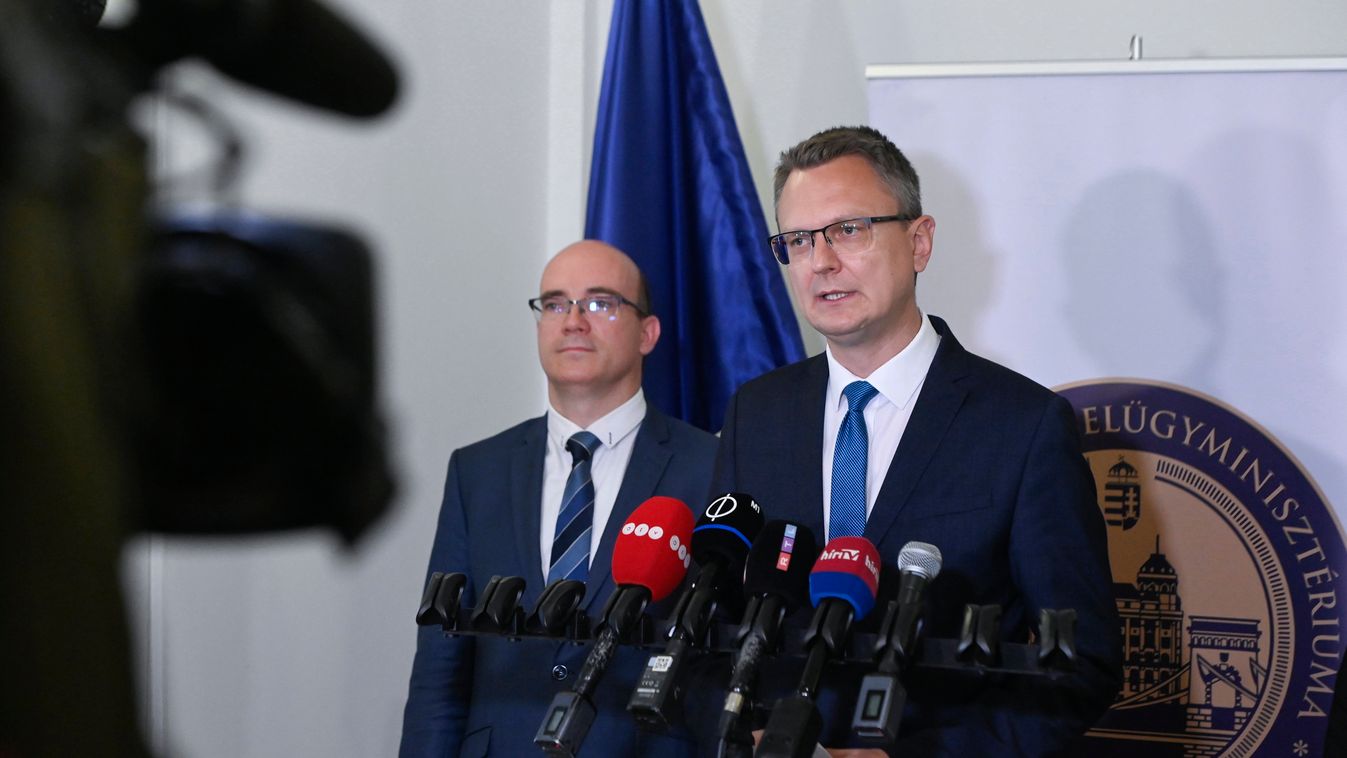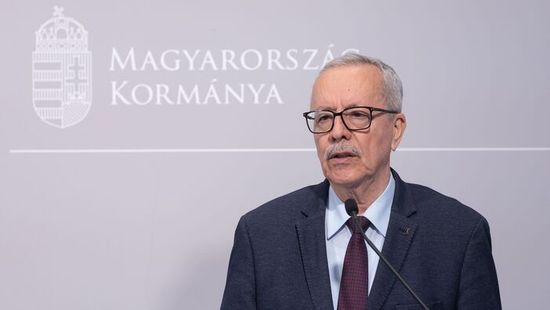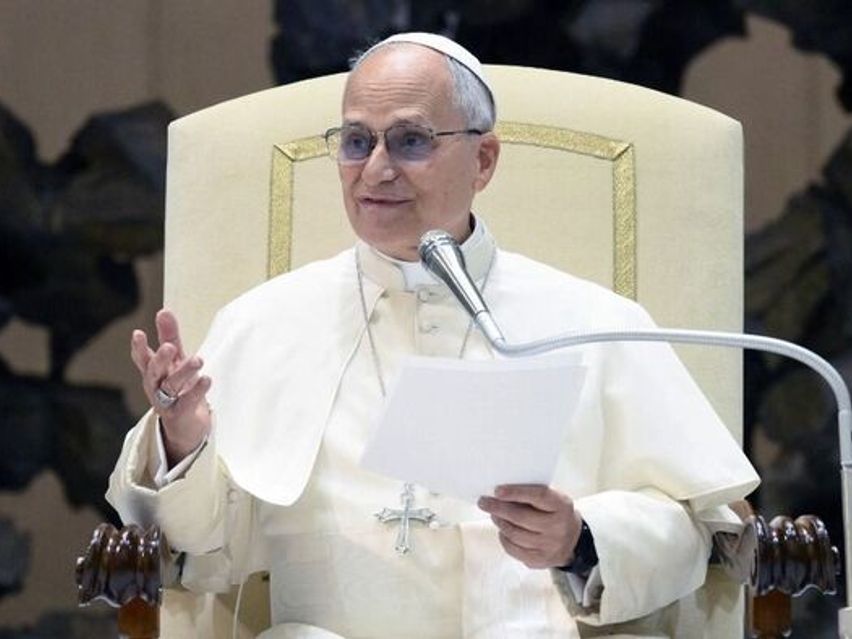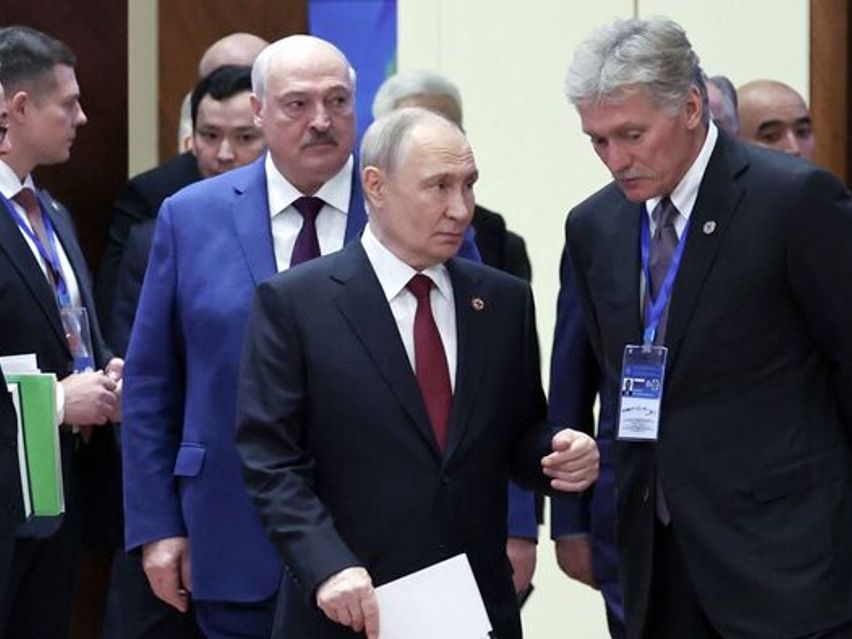Hungary has had to make the decision to release several individuals convicted of smuggling migrants because Brussels isn't contributing to the costs of border protection, but punishes Hungary when our prisons are overcrowded
Bence Retvari told Hungary's state news agency (MTI), explaining the decision on the extension of the reintegration detention, according to which people smugglers who have been expelled by a final court decision must leave the country within 72 hours. The parliamentary state secretary of the Interior Ministry said that the measure – which affects 808 detainees, mostly citizens of neighbouring countries – aims to ensure that the costs of punishing people smugglers are not borne by Hungarian taxpayers. This does not mean that their sentences are dropped: if the traffickers do not leave Hungary, they will go back to prison.
The state secretary said the EU owed Hungary over 650 billion forints (1.5 billion euros) in return for Hungary protecting the bloc’s external borders since 2015. He insisted that the EU had only refunded one percent of that „unbelievably large sum”.
We stop illegal migrants at our southern border, and we apprehend and then keep in prison the people smugglers. It is Hungarian border hunters and police officers who are there at the border in both winter and summer, working hard to ensure that Hungarian and European families are safe
he said. The EU isn't giving Hungary any money for either the costs of detaining people smugglers or for building prisons.
„On the other hand, we are expected to keep foreign national people smugglers apprehended at the borders in Hungarian prisons at the expense of Hungarian taxpayers. However, prisons in Hungary have become overcrowded, as more than two thousand human traffickers have been convicted in Hungary so far,” he added. As is known, due to prison overcrowding, Hungary had previously faced numerous procedures because of inhumane conditions.
The Hungarian state had to pay billions in compensation lawsuits initiated by lawyers with ties to George Soros’s network.
Although the Hungarian Parliament adopted a law in March 2020 in a bid to curb abuses related to paying compensation due to prison overcrowding – and indemnification dropped to one twentieth of the previous level as a result – these claims still cost substantial sums. The state paid the most money, a total of 2.6 billion Hungarian forints in 2018 while in 2022 “only” 111 million forints were paid in compensation. Since 2017, figures show the following tendency: in 2017, compensation payments in 8,768 cases amounted to 930 million forints, in 2018, 2.6 billion forints were paid in 11,478 cases, in 2019, 2.4 billion forints in 14,029 cases, in 2020, 1.8 billion forints in 13,725 cases, in 2021, 2.2 billion forints in 2411 cases, and in 2022, 111 million forints in 924 cases. Until 10 February this year, 34 compensation claims have been filed related to treatment in violation of fundamental rights. Keeping one convict in prison cost Hungarian taxpayers approximately an annual 5 million forints (13,300 euros), Bence Retvari noted.























Szóljon hozzá!
Jelenleg csak a hozzászólások egy kis részét látja. Hozzászóláshoz és a további kommentek megtekintéséhez lépjen be, vagy regisztráljon!